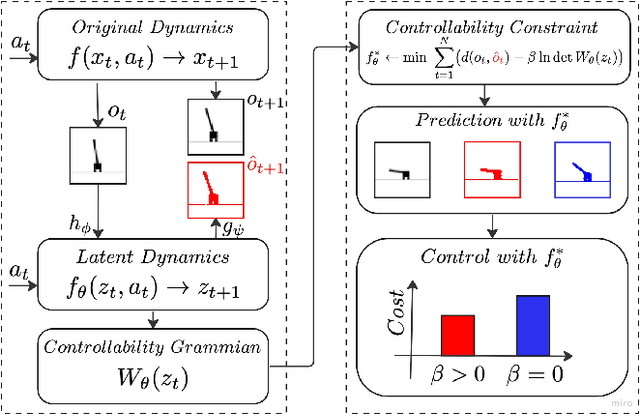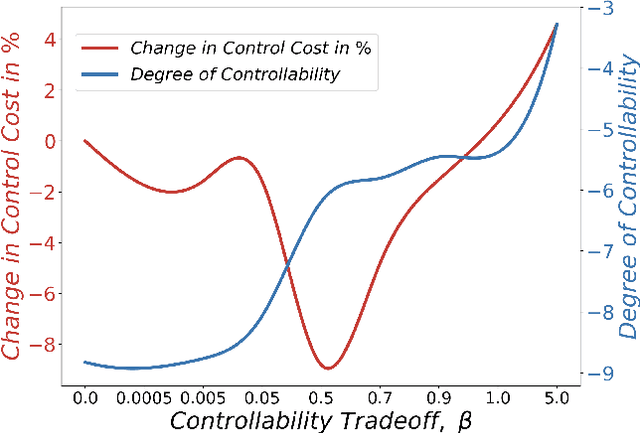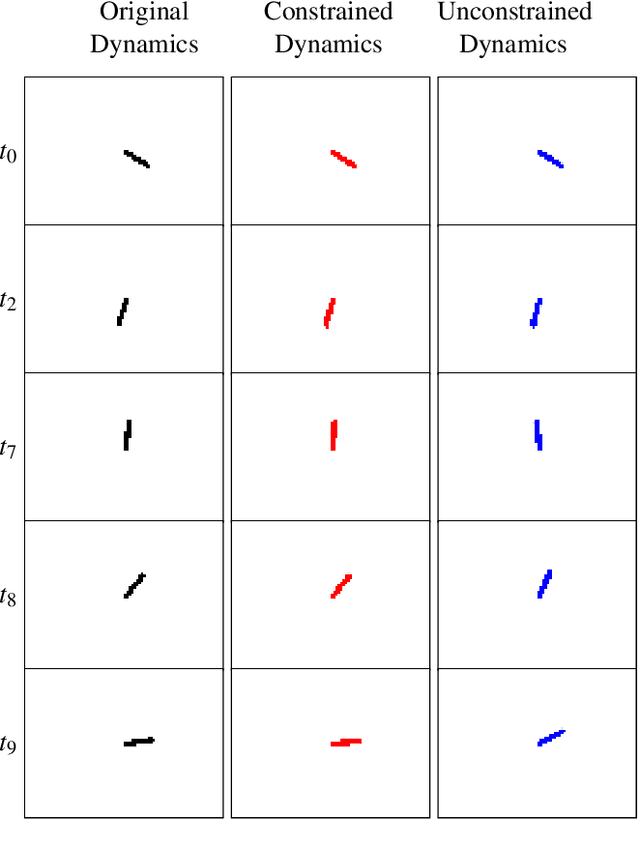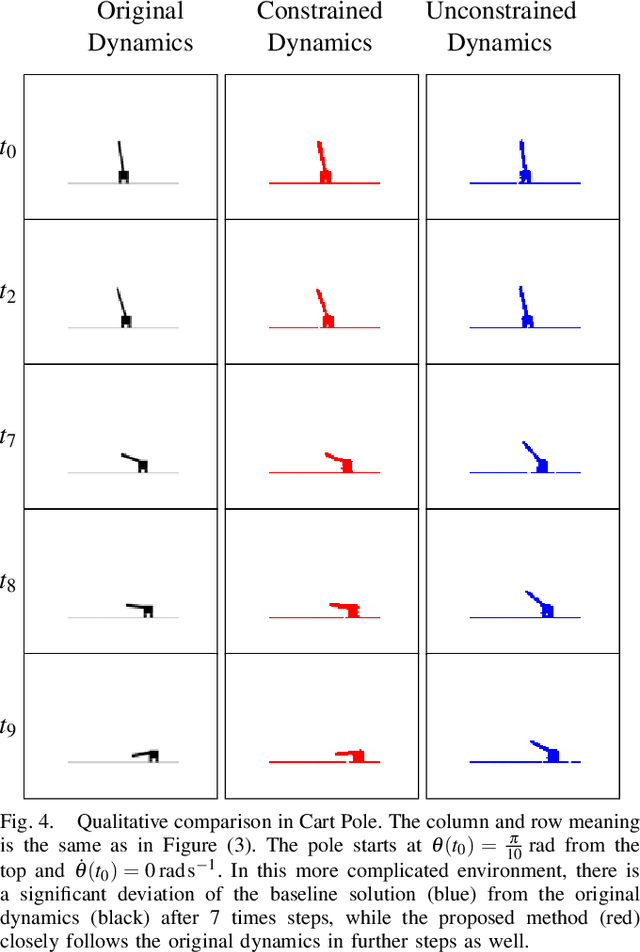Suruchi Sharma
Controllability-Constrained Deep Network Models for Enhanced Control of Dynamical Systems
Nov 11, 2023



Abstract:Control of a dynamical system without the knowledge of dynamics is an important and challenging task. Modern machine learning approaches, such as deep neural networks (DNNs), allow for the estimation of a dynamics model from control inputs and corresponding state observation outputs. Such data-driven models are often utilized for the derivation of model-based controllers. However, in general, there are no guarantees that a model represented by DNNs will be controllable according to the formal control-theoretical meaning of controllability, which is crucial for the design of effective controllers. This often precludes the use of DNN-estimated models in applications, where formal controllability guarantees are required. In this proof-of-the-concept work, we propose a control-theoretical method that explicitly enhances models estimated from data with controllability. That is achieved by augmenting the model estimation objective with a controllability constraint, which penalizes models with a low degree of controllability. As a result, the models estimated with the proposed controllability constraint allow for the derivation of more efficient controllers, they are interpretable by the control-theoretical quantities and have a lower long-term prediction error. The proposed method provides new insights on the connection between the DNN-based estimation of unknown dynamics and the control-theoretical guarantees of the solution properties. We demonstrate the superiority of the proposed method in two standard classical control systems with state observation given by low resolution high-dimensional images.
 Add to Chrome
Add to Chrome Add to Firefox
Add to Firefox Add to Edge
Add to Edge